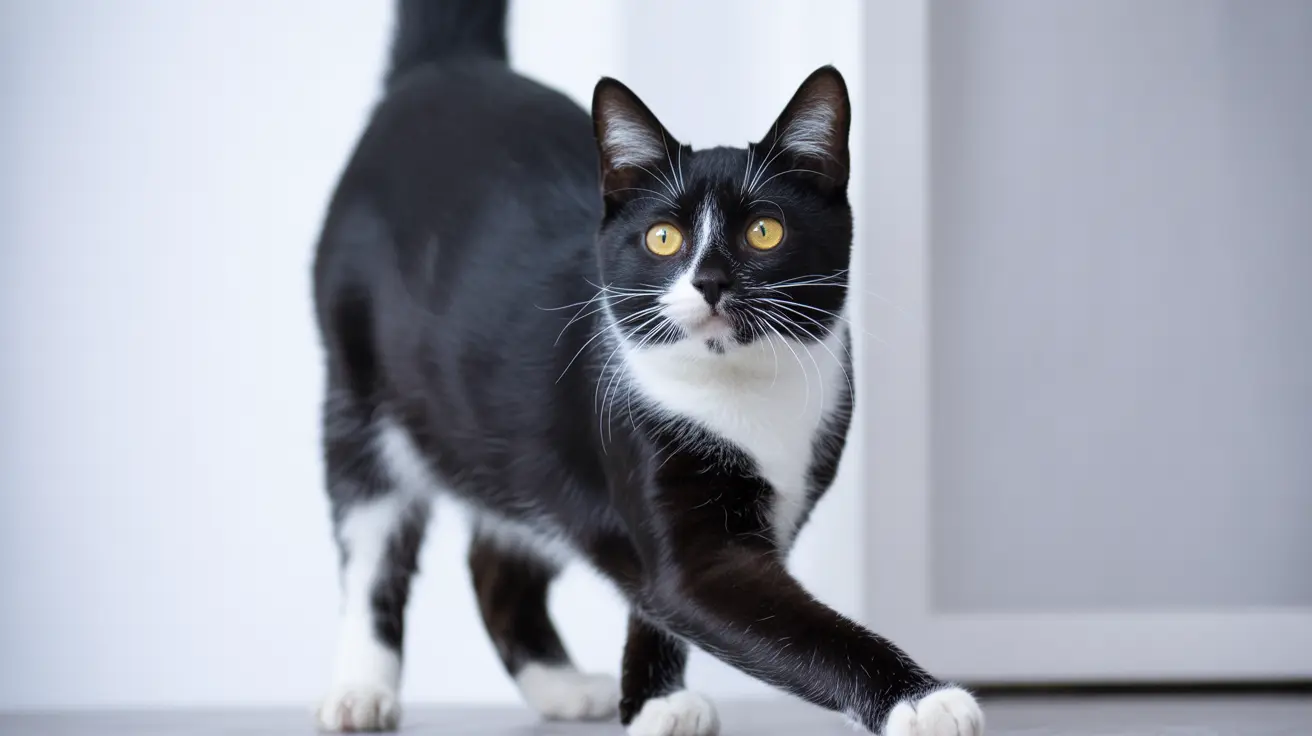Is Shrimp Hard for Cats to Digest? A Complete Guide
Many cat owners enjoy sharing bits of their meals with their furry companions, and seafood like shrimp is often a tempting treat. But is shrimp safe and easy for cats to digest?
Nutritional Value of Shrimp for Cats
Shrimp offers several nutrients beneficial to cats when served properly. It is a high-protein, low-calorie food rich in:
- Omega-3 fatty acids, which support heart and skin health
- Vitamin B12, essential for nervous system function
- Selenium, a powerful antioxidant
- Phosphorus and zinc, important for bone and immune health
These nutrients can complement a cat's diet, but shrimp should never replace their nutritionally complete cat food.
Digestibility of Shrimp in Cats
For most cats, cooked, plain shrimp is easy to digest. Cats have carnivorous digestive tracts designed to process animal proteins. However, there are a few cautions:
- Raw shrimp may contain harmful bacteria like Salmonella or Listeria
- Seasoned or fried shrimp can introduce oils, salts, and spices that upset a cat’s stomach
- Shells and tails can be a choking hazard or cause gastrointestinal blockages
Thus, always serve shrimp cooked, unseasoned, and shelled to ensure it’s safe and easy for your cat to process.
Signs of Shrimp Intolerance or Allergy
While shrimp is generally safe, some cats may have allergies or intolerances. Watch for these symptoms after feeding shrimp:
- Vomiting or diarrhea
- Itching or skin irritation
- Swelling around the face or paws
- Lethargy or decreased appetite
If any of these occur, discontinue feeding shrimp and consult your veterinarian immediately.
Recommended Serving Tips
- Cook shrimp thoroughly — boiling or steaming is best
- Remove all shells, tails, and veins
- Cut into small, manageable pieces
- Feed in moderation — occasional treats only
- Avoid shrimp with added oils, garlic, or seasonings
Moderation is key — too much shrimp can cause nutritional imbalances or stomach upset.
When to Avoid Feeding Shrimp
Avoid giving shrimp to cats if they have:
- A history of food allergies
- Kidney or liver issues, since high-protein treats might exacerbate these
- Pancreatitis — high-fat content may trigger flare-ups
- Sensitive stomachs or a history of digestive troubles
It’s always best to consult your veterinarian before introducing new foods into your cat’s diet.
Final Thoughts
Shrimp is not hard for cats to digest when prepared safely and offered in appropriate amounts. It can serve as a delicious and nutritious treat that many felines enjoy. Always observe your pet’s response and prioritize their health and dietary needs.





